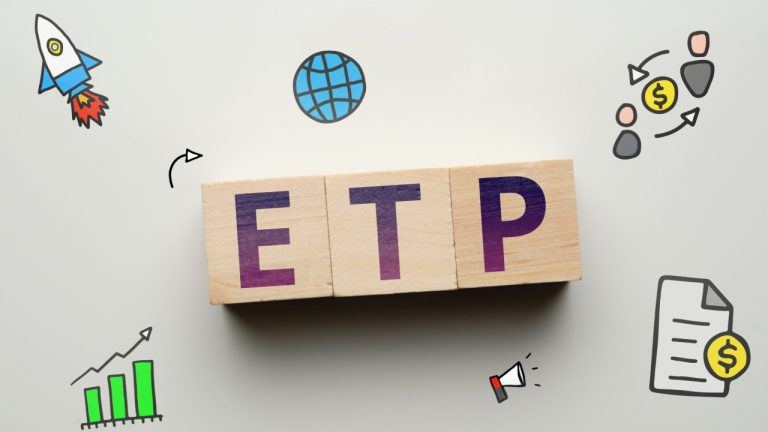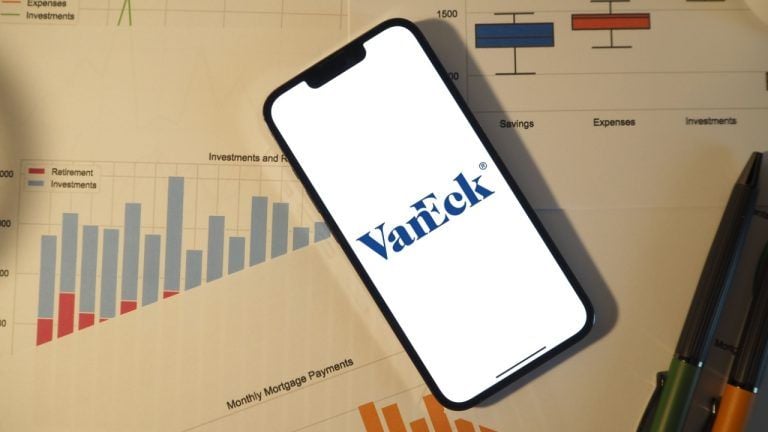ARTICLE AD BOX
Tether Holdings Ltd., the company behind the stablecoin USDT, is considering lending to commodities traders in its quest for ways to deploy its significant profit. According to people familiar with the matter, the company has already contacted several firms in the commodities industry about US-dollar lending.
This could upend a market reliant since time immemorial on credit provided by legacy banks.
Tether to Shake Up Commodity Trading with USD Lending
Tether Holdings Ltd has reportedly held talks with several commodity trading firms about possible US dollar lending. That is especially important because smaller commodity traders often depend on credit lines to fund the global transportation of oil, metals, and food. Still, it became more challenging for those companies to get financing amid shifting markets and tighter credit.
Already, companies in countries such as Venezuela and Russia have adopted USDT to avoid the US dollar due to sanctions. The company’s successful efforts will only serve to further increase the spread of the stablecoin beyond crypto markets to more conventional financial spaces.
Credit lines are lifeblood for commodity traders shipping millions of dollars of oil, metals, and food across the world. Giant traders like Trafigura Group keep an enormous network of credit. Trafigura has $77 billion in credit lines with about 150 institutions. For smaller players, securing funding to keep their businesses running is often a predicament.
In fact, that in itself makes Tether’s proposition unique because it would provide funding that does not have to go through the onerous regulatory requirements of conventional lenders. It would probably result in quicker settlements and fewer frictions in trade and, therefore, be very appealing to traders looking for speed and access to capital.
Tether’s Ardoino Explores New Market
Private credit has gradually gained traction in commodity trade finance, and the company claims to have the capital necessary to engage in this sector. In its latest financial attestation, published in July, the company reported $5.2 billion in profits for the first half of 2024.
Tether’s CEO, Paolo Ardoino, recently acknowledged that the company is investigating opportunities in commodities, emphasizing that these discussions are still in their early stages.
While he did not disclose the specific amount the firm’s plans to invest in commodity trading, he noted that the strategy is still “in trial period”. Ardoino expressed interest in exploring various commodity trading avenues, suggesting that the potential for growth in this area could be substantial.
How stablecoins became important show the recent Ripple Labs case. The company is also actively advancing its stablecoin initiatives, recently minting millions of Ripple USD (RLUSD) tokens as part of its ongoing development and testing efforts. This move also reflects a broader trend among blockchain companies to integrate stablecoin solutions into their ecosystems .
Targeting Post-War Commodity Trade
The commodity trading industry is recovering from a challenging period marked by significant price volatility following Russia’s invasion of Ukraine. Although this caused liquidity issues, it ultimately led to record profits.
This conflict has underscored the sector’s dependence on the US dollar, enabling the government to impose sanctions on natural resource exports. Consequently, there has been an increased interest in unregulated financing methods and using stablecoins for trade transactions.
To capitalize on these trends, the company has formed a dedicated team focused on developing trade finance opportunities.
Tether Investments, the firm’s investment division, reviews numerous proposals monthly, concentrating on sectors such as alternative financial infrastructure for emerging markets, artificial intelligence, and biotechnology.
Teuta
Teuta is a seasoned writer and editor with over 15 years of experience in macroeconomics, technology, and the cryptocurrency and blockchain industries. Starting her career in 2005 as a lifestyle writer for Cosmopolitan in Croatia, she expanded into covering business and economy for several esteemed publications like Forbes and Bloomberg. Influenced by figures like Don Tapscott and Bruce Dickinson, Teuta embraced the blockchain revolution, believing crypto to be one of humanity's most crucial inventions. Her fintech involvement began in 2014, focusing on crypto, blockchain, NFTs, and Web3. Known for her excellent teamwork and communication skills, Teuta holds a double MA in Political Science and Law, enjoys punk rock, chablis, and has a passion for shoes.
Disclaimer: The presented content may include the personal opinion of the author and is subject to market condition. Do your market research before investing in cryptocurrencies. The author or the publication does not hold any responsibility for your personal financial loss.
 1 month ago
32992
1 month ago
32992










 English (US) ·
English (US) ·